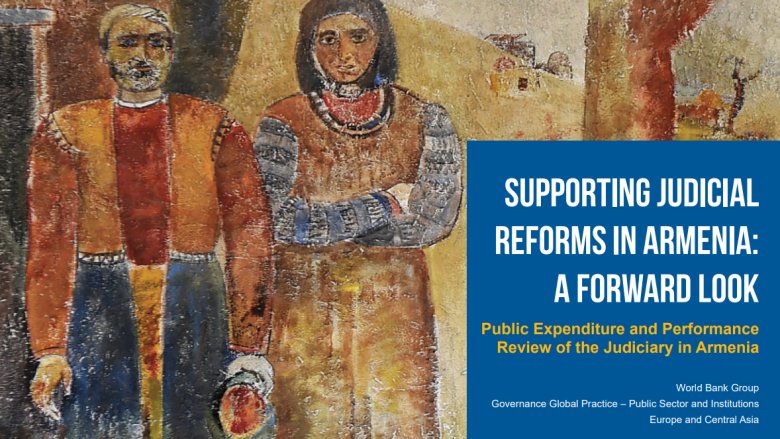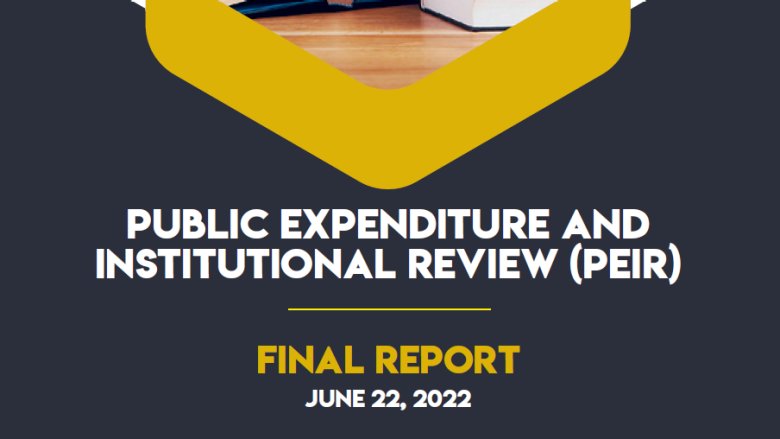The Global Initiative on Justice and Rule of Law (JROL) contributes to advancing the thinking on justice reform by producing research pieces ranging from academic papers to topic-specific briefs to policy notes, how-to manuals, and blogs.
Most recently, JROL produced research on the optimal design and sequencing of justice reform based on 25 years of empirical evidence. Similarly, JROL used data on FCVs to produce a brief on access to justice in conflict and post-conflict contexts. JROL’s analytical offerings are complemented with how-to notes, for example, the article, "" discusses how judicial reform can improve court effectiveness, particularly in countries emerging from conflict or pursuing regional or international groups.



































